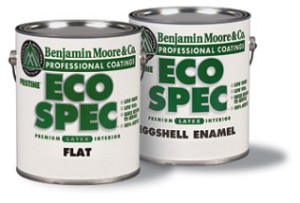A Contributed Post: How to Market Your Business as ‘Green’

Setting out Your Stall
Being green means something slightly different to everyone, so don’t leave the defining to your customers – it’s important that you set out a strong vision that communicates what being green means to you, what your standards are and how you’re meeting those standards. You need the ideal forum for this kind of customer communication.
This is the space for you to make choices regarding the themes associated with you branding – this could include a natural image for a logo or the right color scheme. However, if you want to seem genuine, then it needs to run deeper than that. Use your product descriptions to show how being green was a high priority in the design phase, and you can also include a more general introductory section which sets out everything that being green means to you. Include facts and figures, and allow these statistics to be open to the public.
Tackling Pre-existing Notions
Convincing your customers that you really are serious about your green agenda is the easy part. However, you need to explain why that’s beneficial to them, the customers. Here, you have two broad options (though there is potential to combine them); you can demonstrate that your green agenda gives your company an advantage in terms of costing, since a green agenda can actually save businesses a lot of money and reduce prices, contrary to what many people believe about green businesses, or you can demonstrate that the products are of a significantly higher quality. This will be the case with some products, but there is usually such a difference in quality that your products being considered too expensive or luxury isn’t such a bad representation from a marketing angle. If you can cut costs, then make sure your customers are aware how you’re doing it, and if the quality is higher, then make sure your customers have that knowledge too.
Taking That Extra Step
If there’s more to your business than simply increasing your profit, then you need to make this clear to your customers by going further than regular companies. This can work to your advantage. For example, if you’re attending conventions and other events that promote a greener world then you’re engaging with your customers outside the roles of seller and buyer. Be relevant to your local community and be seen as a force pushing for change, but you don’t have to do this in silence. Blog about it on your website, use your brochure to talk about all areas of your business, and remember not to be too modest – any certificates or awards you receive should be displayed proudly. You cannot use being environmentally-friendly as a means of increasing sales, though. You need to be genuine.
